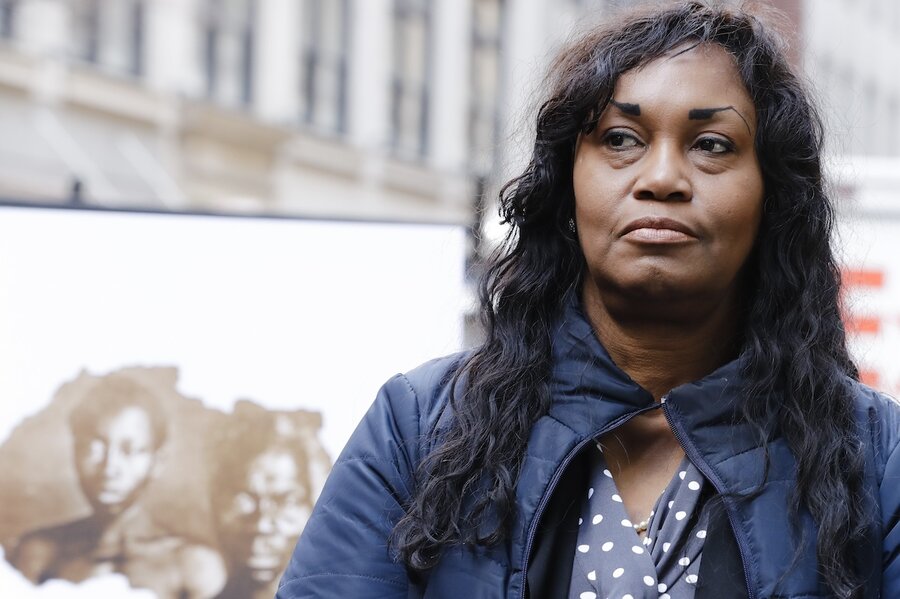Now Reading: Harvard Returns Images of Enslaved Family After 15-Year Legal Battle
-
01
Harvard Returns Images of Enslaved Family After 15-Year Legal Battle
Harvard Returns Images of Enslaved Family After 15-Year Legal Battle

Fast Summary
- Harvard University will transfer 175-year-old photographs, believed to be the earliest of enslaved individuals, to the International African American Museum in South Carolina.
- The images, called Zealy Daguerreotypes, include Renty and delia-ancestors identified by Tamara Lanier as her great-great-great-grandfather and his daughter.
- This transfer follows a settlement with Lanier, ending a 15-year legal dispute over Harvard’s possession and use of these images.
- Harvard stated it sought to place the daguerreotypes in an appropriate public institution for increased accessibility but has not confirmed Lanier’s claimed lineage connection.
- A Massachusetts Supreme Court ruling in 2022 supported Lanier’s lawsuit and highlighted Harvard’s complicity in racial exploitation tied to the creation of the photos.
- The daguerreotypes where originally commissioned by Harvard biologist louis Agassiz under pseudoscientific racial theories supporting slavery in 1850.
- The South Carolina museum aims to collaborate with Ms. Lanier on how her family story will be presented within its contextualized narrative exhibit.
Indian Opinion Analysis
This settlement represents a significant acknowledgment of ancient injustices tied to institutions like Harvard that have benefited from colonial-era practices-for India, it underscores broader ethical questions around restitution for cultural or human legacy violations during oppressive histories such as colonization or forced labor systems within its own historical frame or globally.
The transfer also highlights accountability through judicial processes against powerful institutions-a reminder about justice shaping dialogues over contested legacies often mirrored across movements decolonial artifacts repatriations towards indigenous/post-colonial nations matters crucial India cases emphasizing equitable nouances recognizing truth-history nuances overcoming similar burdens past abuses atrocities similarly mark human progress























